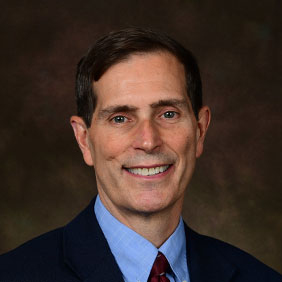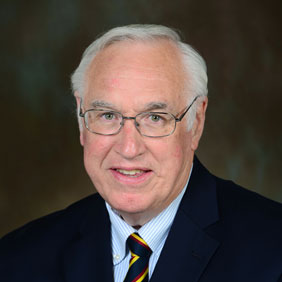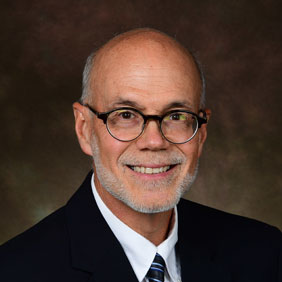About the BA and BS in Economics Degree
Why Study Economics at Cedarville?
Cedarville’s distinctly Christian economics degree, offered by the Robert W. Plaster School of Business, will prepare you for success in a variety of careers. You can choose from a Bachelor of Arts (BA) or Bachelor of Science (BS). The BS option is especially well-suited for those who plan to go to graduate school. At Cedarville, you will study in a tradition of free market economics (with an Austrian flair), focusing on the intersection of faith and economics.
Everyone lives and works in our market economy. Regardless of where you exercise your ministry — in private enterprise, the government, or in a church or missionary setting — you relate to many people you do not know well through economic connections. Cedarville’s economics major helps you maximize these ministry opportunities while preparing you for a career in management or other general business vocations. You will leave with enhanced problem-solving abilities and an in-depth understanding of economic principles integrated with biblical truth.
The economics program also has a robust minor that helps cement the "economic way of thinking" in students with other majors.
Request Info VisitWhat Sets Cedarville Apart?
-
Biblical Worldview
The Bible is the authority for research and study in every class you'll take. -
Mentoring Christian Faculty
You'll be taught by highly-credentialed professors who want you to succeed. -
Top Placement Rates
Our graduates achieve top career and grad school placement rates — 10% above the national average.
Program Overview
Program Format and Related Programs
Cedarville offers both graduate and undergraduate programs, with flexible completion options. You may also want to consider these related programs as you consider the degree or program that is a best fit for you.
Related Programs
Program Level and Format
- Undergraduate
- Residential
- 4-Year

Program Faculty

Jeffrey Haymond, PhD
Dean, Robert W. Plaster School of Business; Professor of EconomicsContact
- MIL 162
- 937-766-4442



Program News
-

Economics Graduate Creates Groundbreaking New Software
It’s no secret college students have full schedules with classes and homework, not to mention extracurriculars. But with the help of his new website app “Homework Muffin,” Joel Kendall has solved one ever-present college student concern: time management. -

Schiewetz Foundation’s $1 Million Gift Will Benefit Scharnberg Business Center
Construction on the Scharnberg Business Center is tentatively scheduled to begin this fall.

















